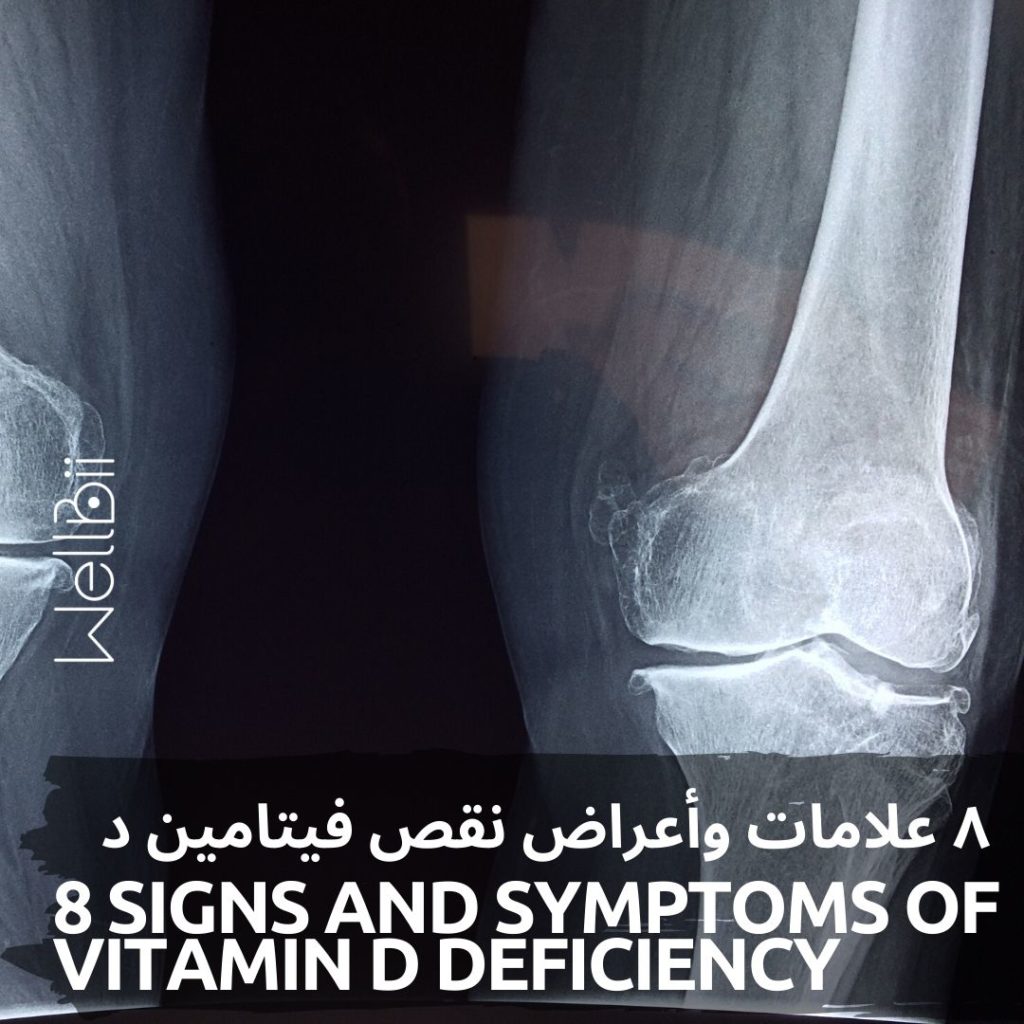SIGNS OF VITAMIN B12 DEFICIENCY

You can eat a ton of veggies and still not get enough vitamin B12. Here are the risks, symptoms, and ways to treat a deficiency.
Visible signs include pale skin, a sore tongue, and mouth ulcers
Pale skin, mouth sores, a red, swollen, beefy tongue—these are some of the visible signs of a B12 shortage. Caused by deficiency-related changes in blood flow, these signs can show up years after the depletion sets in. A rapid heartbeat or heart palpitations is another blood flow-related sign, and sometimes bruising easily is also a result of a longstanding deficiency. But these seemingly unrelated signs don’t show in all B12 deficient people, or they come on so slowly, it’s hard to notice themز
It can cause tingling, weakness, and balance issues
Depletion of your vitamin B12 stores leads to nerve damage. No wonder pins and needles in your hands and feet, shaky body movements, and trouble walking are all consequences of long-term B12 deficiency. Like so many other B12 deficiency signs, these can be attributed to other causes, including old age. The only way to know for sure is to see your doctor for a test.
Digestive problems can cause it
People who deal with GI issues are at a higher risk of a B12 shortage because digestive problems can make absorbing the nutrient more difficult. Those with gut issues, such as colitis, Crohn’s disease, inflammatory bowel disease, and leaky gut syndrome are at a higher risk. Celiac disease sufferers can also have problems with absorption. If you have any of these, talk to your doctor about supplements or B12 shots, since all the B12-rich food in the world won’t help your body shore up its reserves if it can’t be absorbed by the GI tract.
For online coaching click here
It’s linked to immune system issues
B12 plays an important role in white blood cell production, and white blood cells are essential for proper immune system functioning. Not only can a lack of B12 lower your immunity, some immune system disorders can increase your likelihood of becoming deficient. Graves’ disease, for example, an autoimmune condition of the thyroid causing hyperthyroidism, is a risk factor for developing pernicious anemia, which in turn leads to B12 deficiency.
It can be mistaken for dementia
Symptoms of a deficiency often mimic those of dementia, such as memory loss, disorientation, and difficulty thinking and reasoning. It can be hard distinguishing deficiency from dementia, especially since older folks are at risk for both. And the two conditions often overlap: 75% to 90% of B12 deficient people also have neurological complications such as dementia. But even when a B12 shortage strikes younger people, it still typically resembles dementia. Experts aren’t exactly sure of the relationship between the two, but patients with unexplained cognitive decline should be tested for B12 deficiency.
How do you keep your B12 intake?
For the full article click here






Responses